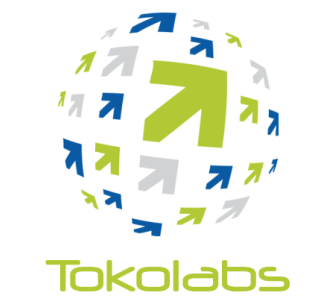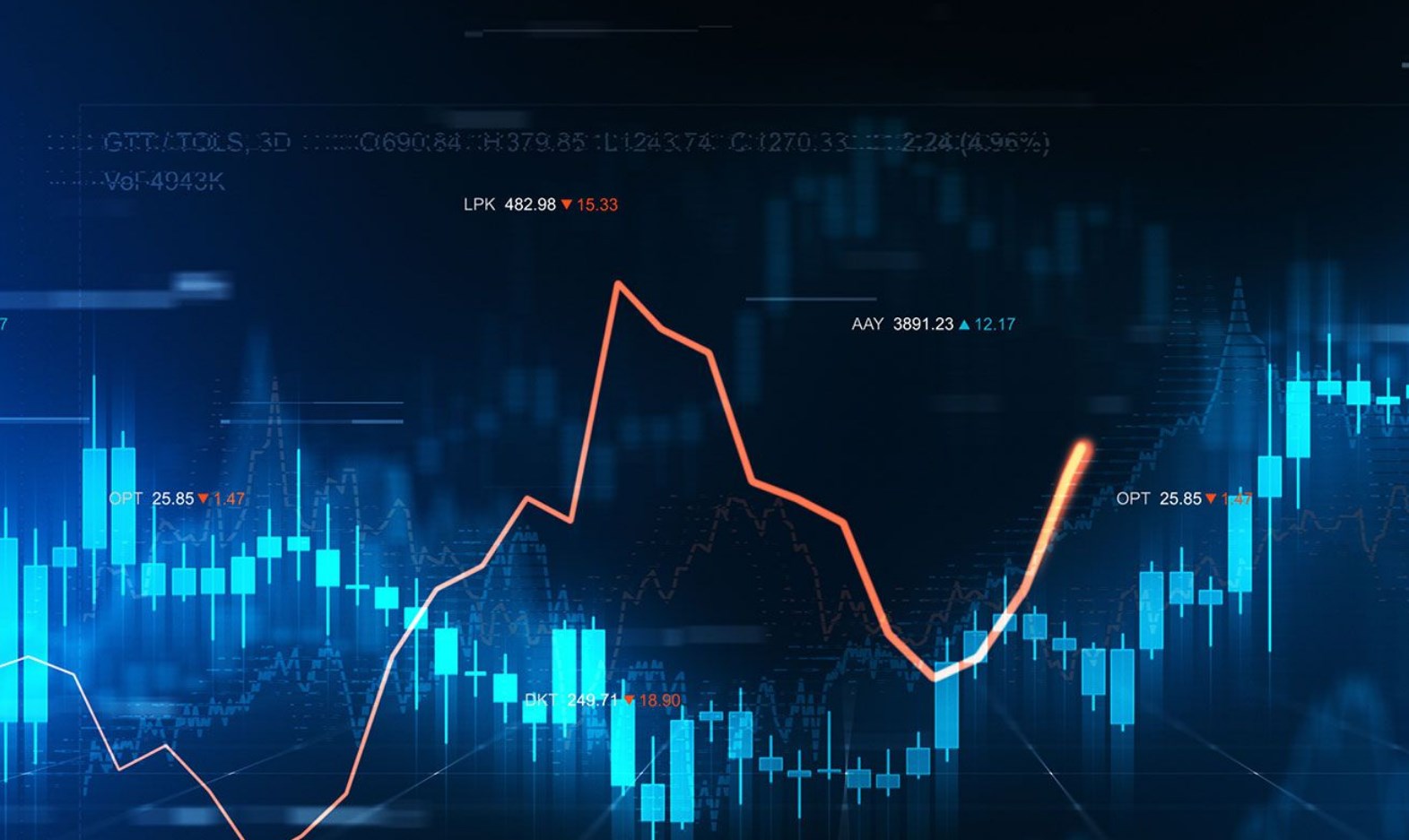Choosing a reliable forex broker is an essential part of your trading journey. With the forex market being decentralized, you need a broker that can provide you with access to the market and help you execute trades. However, not all forex brokers are created equal, and choosing the right one can be challenging. In this article, we’ll provide you with tips on how to choose a reliable forex broker that meets your needs.
Understand Your Trading Needs
Before you start looking for a forex broker, you need to understand your trading needs. Ask yourself questions such as:
- What is my trading style?
- What are my financial goals?
- What are my risk tolerance levels?
- What is my budget for trading?
By understanding your trading needs, you’ll be able to narrow down your options and find a broker that caters to your requirements.
Regulation and Licensing
Regulation and licensing are essential factors to consider when choosing a forex broker. Regulated brokers are required to follow strict guidelines that protect the interests of traders. Look for brokers that are licensed by reputable regulatory bodies such as the Financial Conduct Authority (FCA) in the UK, the Australian Securities and Investments Commission (ASIC), or the Cyprus Securities and Exchange Commission (CySEC).
Reputation and Track Record
Reputation and track record are essential factors to consider when choosing a forex broker. Here are some things to keep in mind when assessing a broker’s reputation and track record:
- Industry Awards – Look for brokers that have won industry awards, as this is a good indicator of their credibility and reputation within the industry.
- Online Reviews – Check online reviews from reputable sources to get an idea of the broker’s performance and reliability. Look for patterns in the reviews and take them into consideration when making your decision.
- Years in Business – Consider how long the broker has been in business. A broker that has been in business for several years is likely to have a proven track record and be more reliable than a newer broker.
- Financial Stability – Look at the broker’s financial stability and track record. Check their financial statements and regulatory filings to ensure that they are financially sound and have a strong balance sheet.
- Regulatory Compliance – Make sure that the broker is licensed and regulated by reputable regulatory bodies such as the FCA, ASIC, or CySEC. A broker that is compliant with regulations is more likely to be reliable and trustworthy.
By considering these factors, you can get a better idea of a broker’s reputation and track record, and make an informed decision when choosing a forex broker.
Trading Platform and Tools
The trading platform and tools offered by a broker are also essential factors to consider. Look for a broker that offers a user-friendly platform that meets your trading needs. Additionally, check for the availability of trading tools such as charting and analysis tools, economic calendars, and news feeds.
Account Types and Minimum Deposits
Brokers offer different account types with varying minimum deposits. Look for a broker that offers an account type that suits your trading needs and budget. Additionally, check for any account maintenance fees or other costs associated with the account.
Account types and minimum deposits are crucial factors to consider when choosing a forex broker. Here is a table outlining some common account types and minimum deposits:
| Account Type | Minimum Deposit |
| Micro | $1 – $100 |
| Mini | $100 – $500 |
| Standard | $500 – $5,000 |
| VIP | $5,000+ |
Micro accounts typically have the lowest minimum deposit requirements and are suitable for traders who are just starting and have a limited budget. Mini accounts require a higher minimum deposit, but offer more features and trading tools. Standard accounts are suitable for more experienced traders who have a larger trading budget and need access to more advanced trading tools. VIP accounts are usually reserved for high-net-worth individuals and require a substantial minimum deposit.
When choosing an account type and minimum deposit, consider your trading needs and budget. Don’t choose an account type with a higher minimum deposit than you can afford, as this can lead to financial strain and impact your trading performance.
Trading Costs and Spreads
Trading costs and spreads are important factors to consider when choosing a forex broker. Here are three key things to keep in mind:
- Spreads – Spreads are the difference between the bid and ask price of a currency pair. They represent the cost of trading and can significantly impact your profitability. Look for brokers that offer competitive spreads that are in line with industry standards.
- Commissions – Some brokers charge a commission on trades in addition to the spread. Make sure you understand the commission structure and factor it into your trading costs.
- Other Fees – In addition to spreads and commissions, some brokers charge other fees such as withdrawal fees, deposit fees, or inactivity fees. Make sure you understand all the fees associated with trading with a particular broker, and factor them into your trading costs.
By understanding the trading costs and spreads associated with a forex broker, you can make an informed decision that aligns with your trading strategy and budget. It’s essential to choose a broker with transparent and competitive pricing, as high trading costs can impact your profitability over time.
Customer Support and Education
Good customer support and education resources are essential for a positive trading experience. Look for brokers that offer 24/7 customer support via multiple channels such as phone, email, or live chat. Additionally, check for the availability of educational resources such as webinars, tutorials, and eBooks.
Additional Features and Resources
Some brokers offer additional features and resources that can enhance your trading experience. Look for brokers that offer features such as copy trading, social trading, or a demo account. Additionally, check for the availability of resources such as market analysis, trading signals, and expert advisors.
Choosing a reliable forex broker is a critical step towards a successful trading journey. By understanding your trading needs and considering factors such as regulation, reputation, trading costs, and customer support, you can find a broker that meets your needs. Don’t rush the process, take your time, and do your research to avoid any potential pitfalls.
FAQs
- What is the best way to find a reliable forex broker? The best way to find a reliable forex broker is to do your research. Look for brokers that are regulated, have a good reputation within the industry, and offer competitive trading conditions.
- Can I trust online reviews when choosing a forex broker? While online reviews can be helpful, it’s essential to take them with a grain of salt. Look for reviews from reputable sources and consider a variety of opinions before making a decision.
- What should I look for in a trading platform? When choosing a trading platform, look for a user-friendly interface, trading tools such as charting and analysis tools, and access to real-time market data.
- What are the trading costs associated with forex trading? The trading costs associated with forex trading typically include spreads, commissions, and swap fees. It’s essential to understand these costs and how they can impact your profitability.
- How can I contact customer support at a forex broker? Most forex brokers offer customer support via phone, email, or live chat. Check the broker’s website for contact information and availability.

